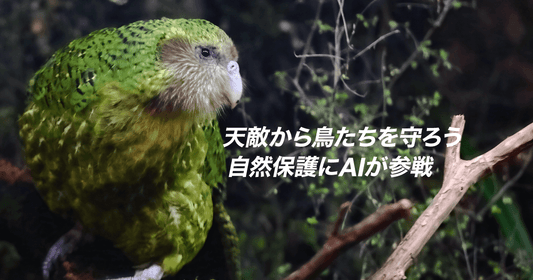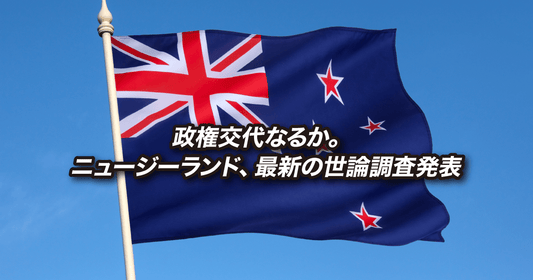
Grape harvesting is coming to an end in New Zealand, located in the Southern Hemisphere. This year, the cyclone that hit Hawke's Bay, the second largest wine producing region in the country, reduced the grape harvest and is expected to affect wine production.
However, these problems are not limited to this year, and there are concerns that recent climate changes will have an impact on grape varieties and flavors in the future.
To prevent such situations from happening, the wine industry has come together and is taking various measures.
A research institute supported by the entire industry
Currently, New Zealand's wine industry is focusing on breeding. Wine research institutes are conducting research to create the "perfect wine."
The Bragato Research Institute is a research institute run by New Zealand Winegrowers .
New Zealand Winegrowers is a nationwide organisation of over 600 grape growers and 700 winemakers in New Zealand, dedicated to providing world class marketing for the wine industry and promoting sustainable winemaking.
To ensure timely growth in the industry, we are involved in various activities at the local, national and international levels, including planning and running consumer events.
The Bragato Research Institute (BRI), run by New Zealand Winegrowers, works in collaboration with research institutes both in Japan and abroad to conduct a variety of research, including not only varietal improvement, but also field ecosystems, the development of low-alcohol wines, pest control, microbial grape treatment, and environmentally friendly land utilization.
Sauvignon Blanc Improvements
The latest news is the breeding of Sauvignon Blanc, New Zealand's signature wine. BRI is currently researching as many as 12,000 Sauvignon Blanc variants.
BRI CEO Geoffrey Clark said:
Climate change is obviously expected to affect the taste of grapes, and there is concern that changes in temperature may mean that some grapes will not thrive on the land where they are currently grown.
The lab is currently researching which varieties are most resistant to the effects of climate change, such as changes in temperature and various pests and diseases.
he said in an interview on national television.
It seems that cultivation of Italian and Spanish varieties of Sauvignon Blanc has already begun in some areas, but New Zealand Sauvignon Blanc is quite distinctive, so in the future it is hoped that improvements will be made to the variety that makes the most of the characteristics of New Zealand Sauvignon Blanc.
To overcome the effects of bad weather
The Gimblett Gravels wine growing region in Hawke's Bay was fortunate to escape the cyclone with minimal damage.
However, this year's growing season was very rainy. The rain did not fall when we wanted it, and it fell when we didn't want it to, which was bad weather for grapes. Perhaps because of this weather, the harvest started two weeks earlier than usual this year.
The BRI's research into overcoming the negative effects of climate change is part of a 1.6 billion yen project being carried out by the wine industry and the government.
As research progresses, it may become possible to grow grapes in areas where they have not been possible before, and to cultivate different types of grapes.





